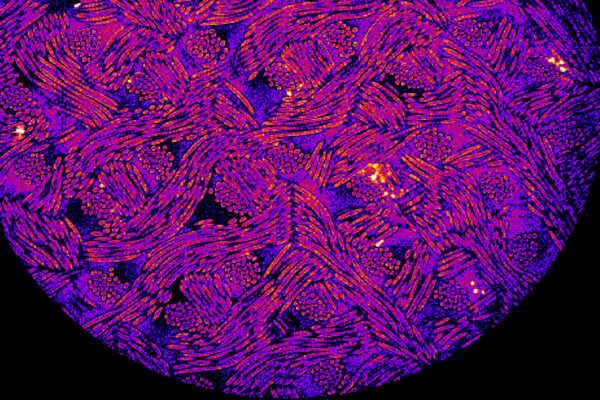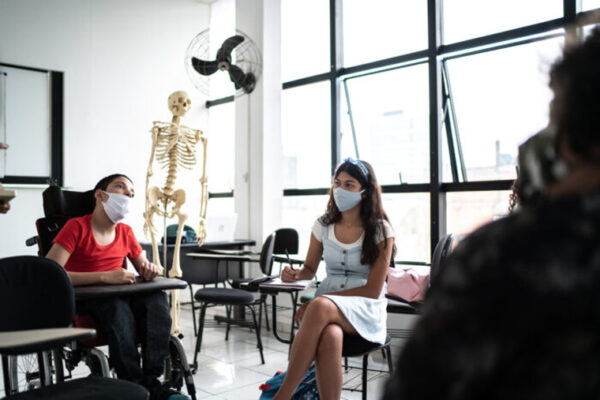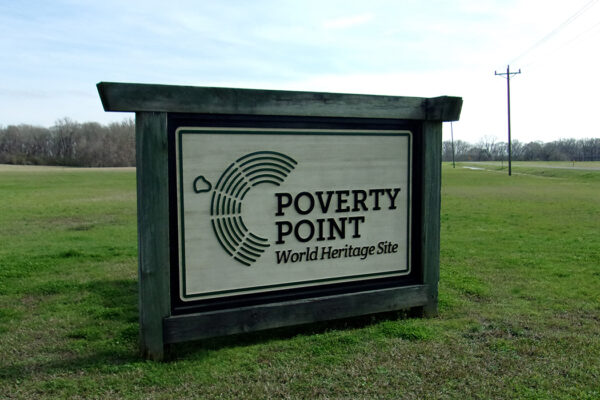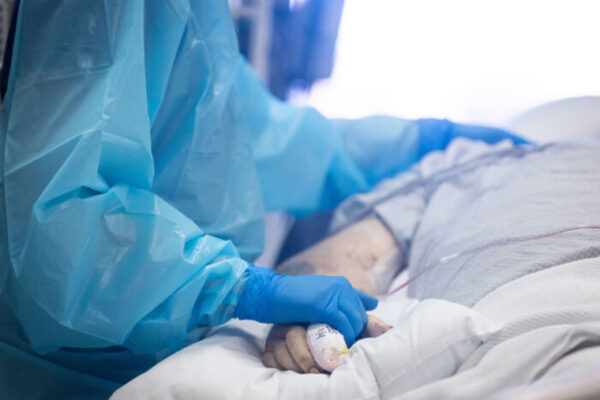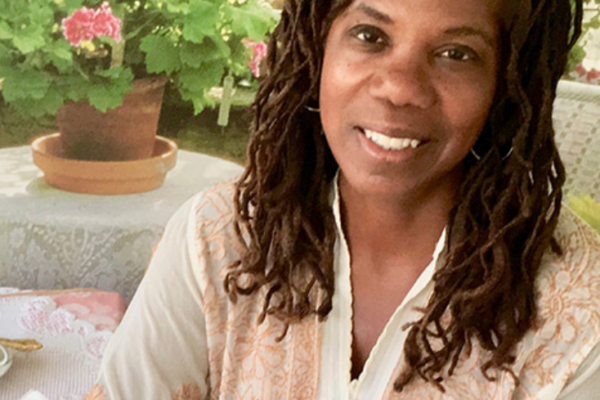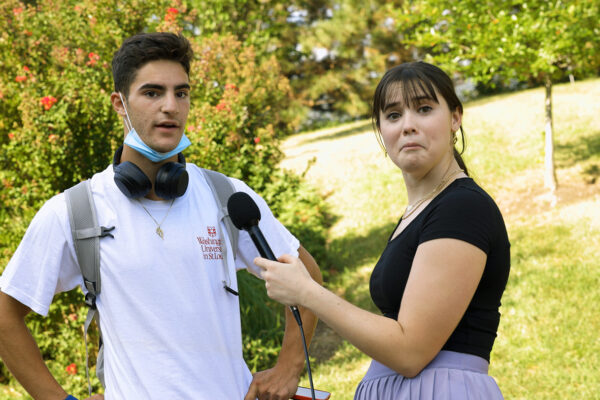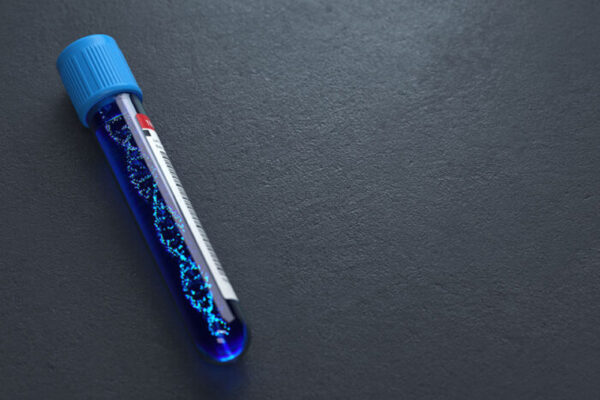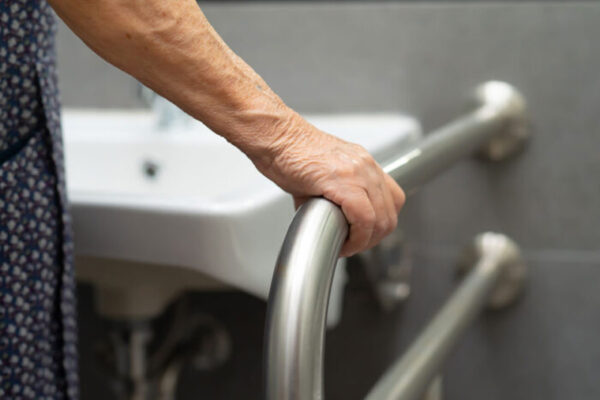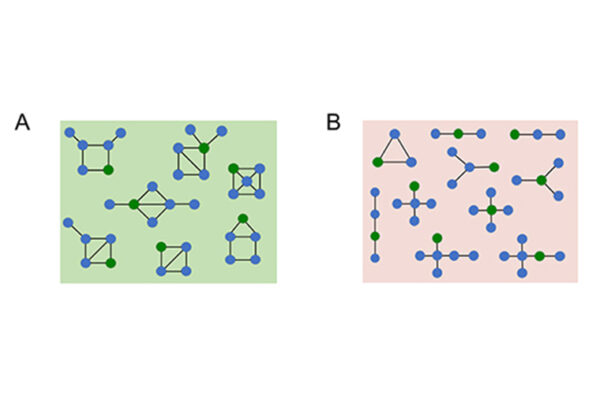Rheumatoid arthritis treated with implanted cells that release drug
With a goal of developing rheumatoid arthritis therapies with minimal side effects, School of Medicine researchers have genetically engineered cells that, when implanted in mice, will deliver a biologic drug in response to inflammation.
COVID-19 transmission at school rare for children with disabilities
A study led by Washington University School of Medicine, in collaboration with the Special School District of St. Louis County, found that rapid saliva test screenings contributed to exceedingly low transmission of the virus that causes COVID-19 among students, teachers and staff in those schools.
New evidence supports idea that America’s first civilization was made up of ‘sophisticated’ engineers
New evidence discovered at Poverty Point in northern Louisiana by anthropologists in Arts & Sciences challenges previous beliefs about how pre-modern hunter-gatherers behaved.
Early COVID-19 shutdowns helped St. Louis area avoid thousands of deaths
A new analysis from Washington University School of Medicine suggests that the St. Louis region avoided thousands of hospitalizations and deaths with early and coordinated public health measures as the COVID-19 pandemic was first taking hold.
Fighting injustice without hate
Washington University’s Mindfulness and Anti-Racism series continues with a discussion addressing the fight against injustice without hate.
Video: First day for first-year students
Junior Amanda Sherman visited the South 40 on the first day of school to ask Washington University’s newest students what they’ve learned about life on campus.
Liquid biopsies may aid diagnosis, treatment of bladder, nerve tumors
Two studies led by Washington University School of Medicine describe the potential of liquid biopsies to identify and track tumor growth in bladder cancer and peripheral nerve tumors. The studies demonstrate the possible benefits of this relatively new tool in the fight against cancer.
Fall-prevention program can help reduce harmful in-home falls by nearly 40%
New research from Washington University School of Medicine suggests that in-home falls can be reduced by nearly 40% with a community-based program that helps older adults make modifications to their homes to prevent such mishaps.
Distilling 70 years’ worth of data
Research from the lab of Jonathan Silva at the McKelvey School of Engineering leveraged computational models to analyze 70 years of arrhythmia-related data.
Sam Fox School, AIA St. Louis announce ‘Disruption,’ 2021 Steedman Fellowship
The Sam Fox School’s James Harrison Steedman Fellowship in Architecture, a biennial research competition, invites early-career architects from around the world to explore how architecture can help to address today’s most pressing global challenges.
View More Stories
